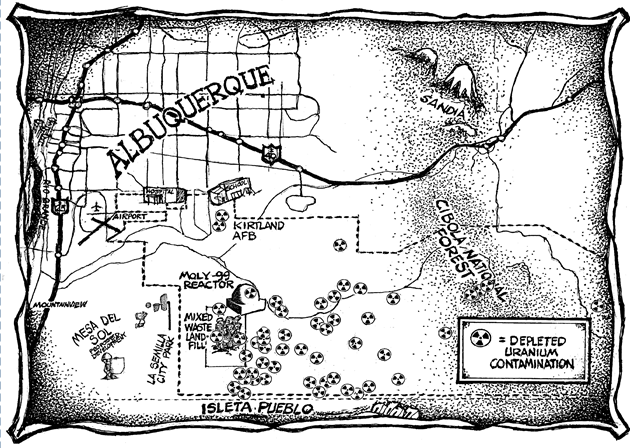
Clark University
Files
Download Full Text (73 KB)
Document Type
Article
Date
7-10-2006
Description
Our goals in this discussion derive from our belief that effective cleanups that meet broad public health and social welfare objectives are most likely to occur when there is real cooperation between the parties responsible for cleanup and the affected communities. Such cooperation at most radioactive sites of concern is extremely difficult to achieve. The technical nature and complexity of the issues is a serious barrier to communication: faced with lengthy and incomprehensible technical documents that set forth apparently arbitrary goals for cleanup, community people may well feel that the responsible parties are not addressing their principal concerns, and often enough this perception is correct (Goble 1993; Goble and Thompson 1994; Goble 1998). Furthermore, at many sites there has been a long history of mishandling of radioactive materials, of secrecy and concealment, and of exclusion of the public from decision-making processes. The legacy of fear and distrust extends in both directions: the public does not trust the technical community to protect it or even to give adequate warning of problems; the technical community expects irrational fear and unreasonable demands from the public.
In such unpromising settings, the inevitable presence of large uncertainties can very well exacerbate failures in communication and understanding. However, this challenge to cooperation is also an opportunity for the different parties with their different perspectives to make the effort to develop shared understandings and to cooperate on appropriate plans for addressing uncertainty. Our intent is to offer pointers toward cooperation that will be useful both to members of the technical communities involved in cleanup planning and implementation and to concerned members of the public.
This research was completed money allocated during Round 5 of the Citizens’ Monitoring and Technical Assessment Fund (MTA Fund). Clark University was named conservator of these works.
If you have any questions or concerns please contact us at digitalrepository@clarku.edu
Publisher
Clark University
Format
Keywords
nuclear weapons, nuclear weapons testing, environment, non-governmental organizations, United States Department of Energy, tribal governments, environmental cleanup, radioactive fallout, radioactive waste
Rights
Copyright belongs to the authors. Clark University was chosen by the non-profit peace and environmental groups as the conservator of these reports; our right to distribute these works ensures they remain available to the public in perpetuity as intended. Reuse at your own discretion with with due deference to copyright holders.
Location
Worcester, MA
Recommended Citation
Clark University; Goble, Robert; Russ, Abel; Taylor, Octavia; and Tuler, Seth, "Managing Uncertainties in Radioactive Site Clean-ups" (2006). Clark University. 1.
https://commons.clarku.edu/clark_mtafund/1



